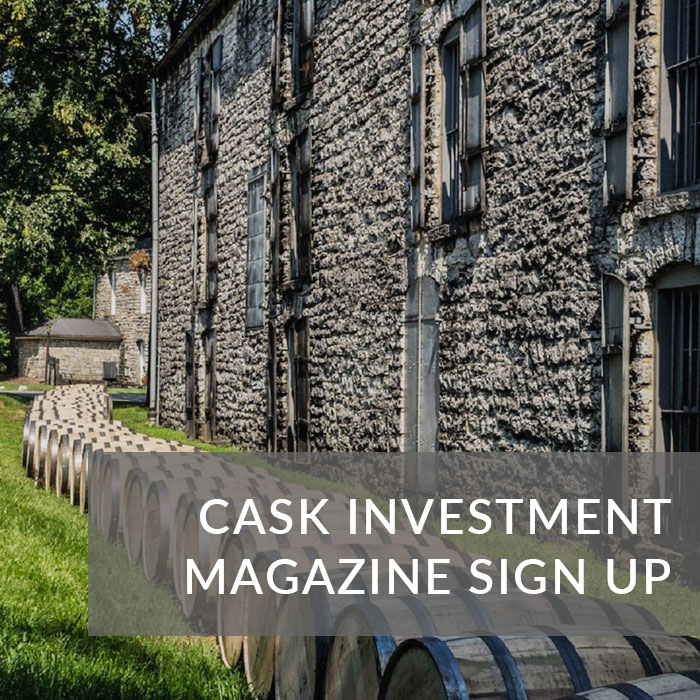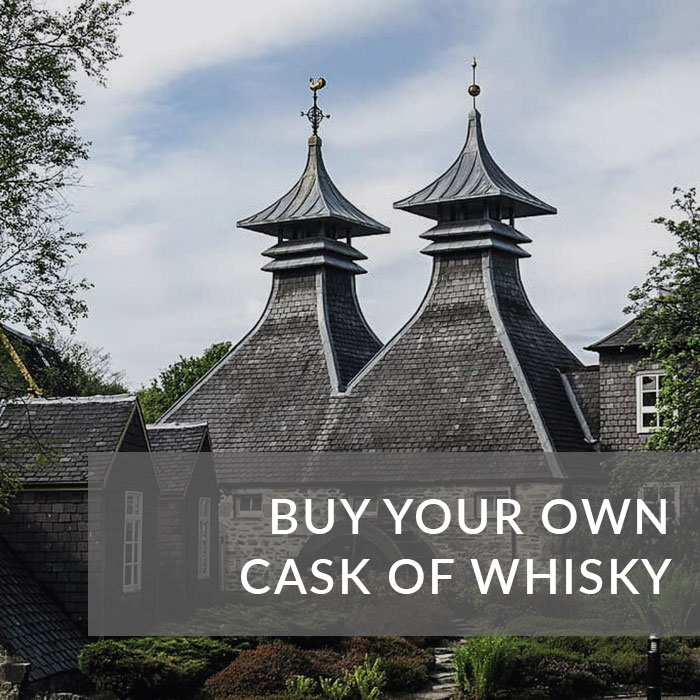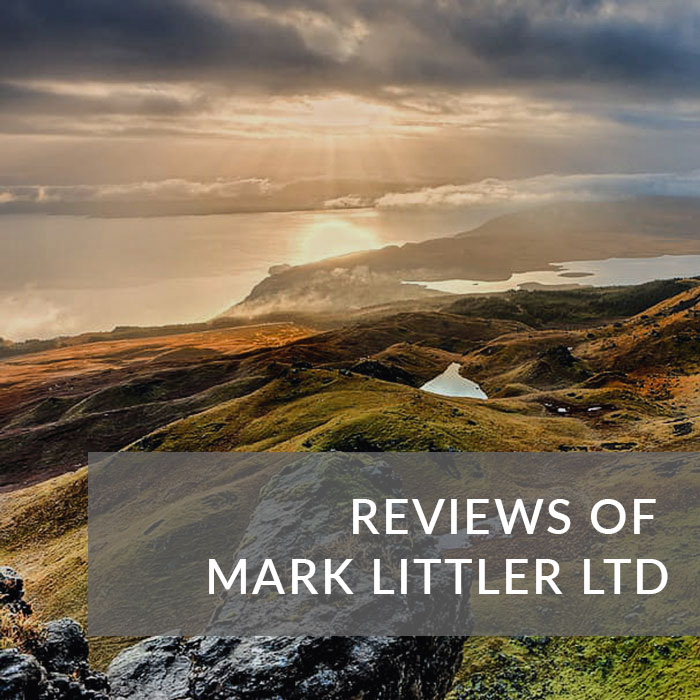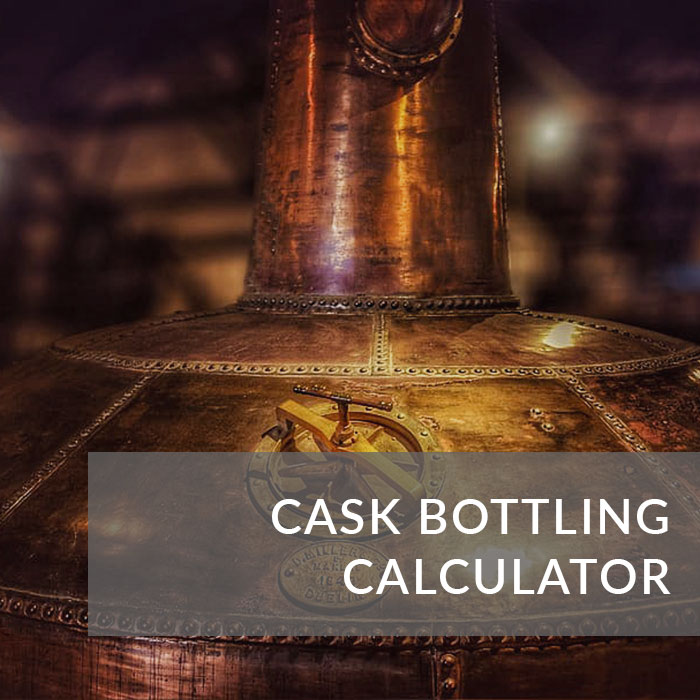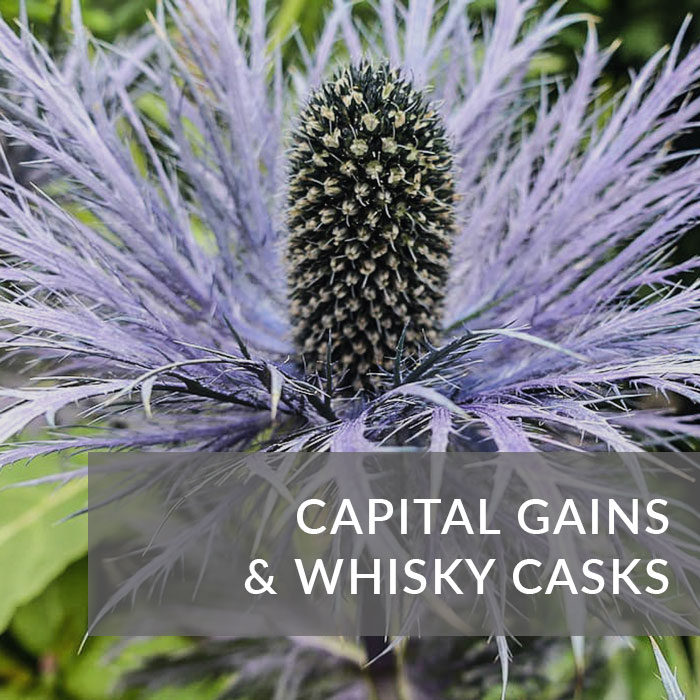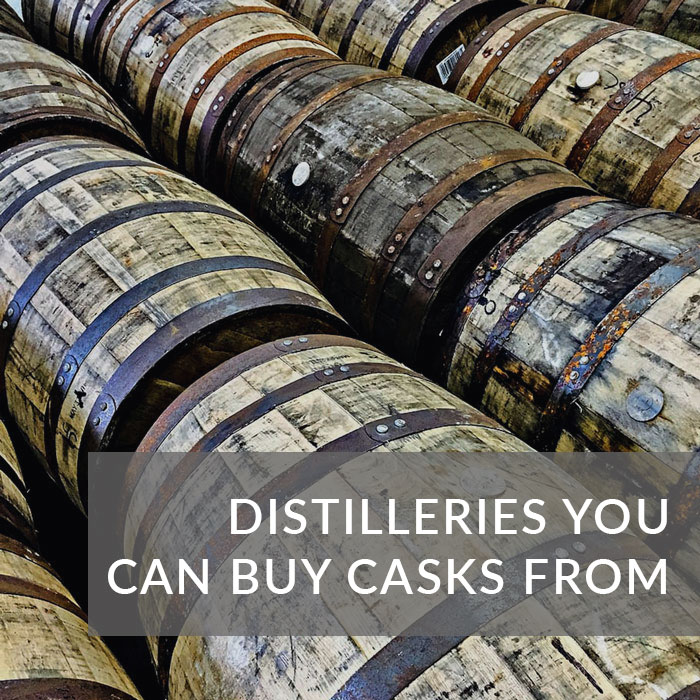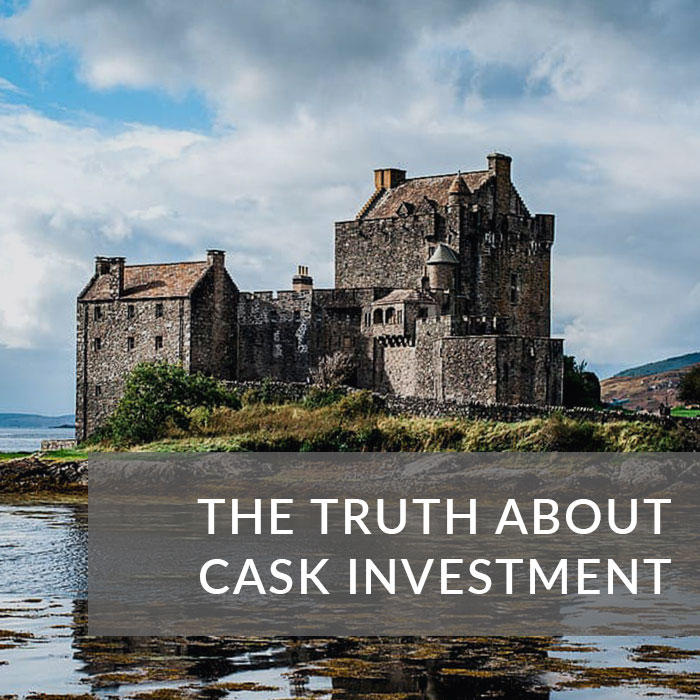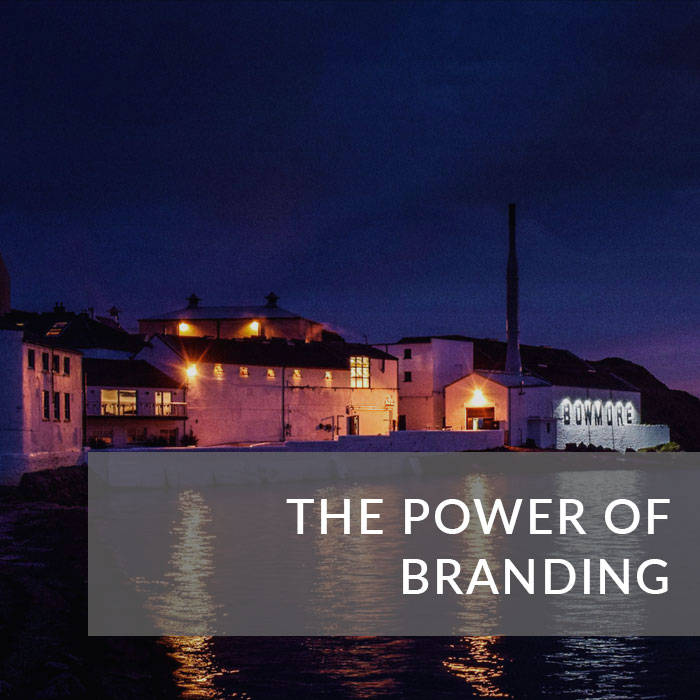BUY A CASK OF TOBERMORY
At Mark Littler Ltd. we offer honest and impartial advice to help you buy quality casks of Tobermory whisky at a fair price.
Buy with confidence from a broker with more than 500 five-star reviews from customers just like you.
Buy a Tobermory whisky cask
Are you looking to buy a cask of Tobermory whisky? We are specialist brokers with hundreds of five-star reviews and a proven track record of helping and educating people to ensure they make the right decision when they come to buy a cask of Tobermory.
By choosing to purchase a cask through Mark Littler you gain access to the whole cask market rather than just our own inventory. That means when you come to sell your cask you will not be selling the same product as everyone else (as is the case when people buy from distillery investment schemes), meaning your cask will command a premium.
If you think that a cask or casks from Tobermory distillery is the right choice for you then we can help you find you the cask that meets your needs. Alternatively, if you are open to suggestions then we can also discuss other potential matches for your cask investment needs.
Download Our Cask Buying Guide
How Mark Littler Can Help You
Let’s assume you have read our cask guide and watched all of our cask investment videos. If not, follow the links and put yourself in an informed position before you buy.
If you think that casks are a good investment for you then we can now help you find you the perfect cask for your needs.
Here is what we do in a nutshell:
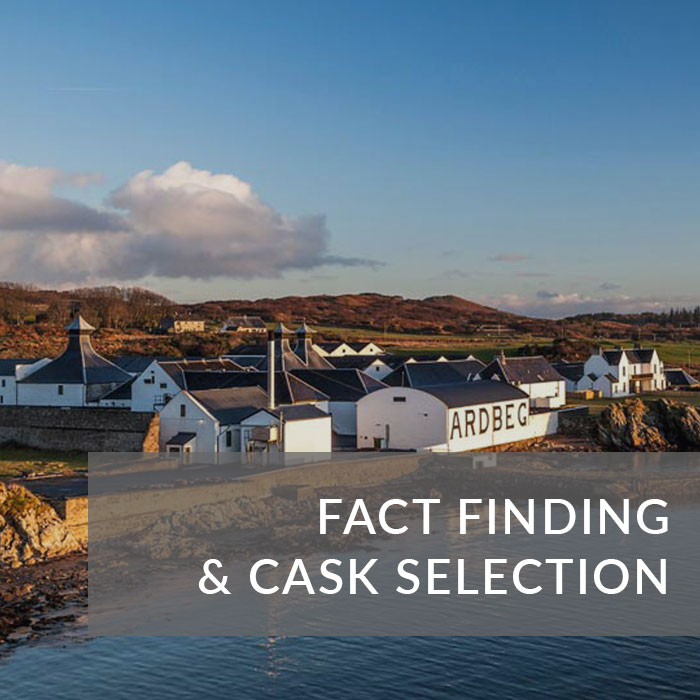
Mr Smith comes to us to find three casks, one for each of his three grandchildren. We find him casks a selection of casks from Bruichladdich, Ben Nevis, Caol Ila, Bowmore, Ardbeg, Springbank, Highland Park and Arran to meet his budget and needs. His casks are then moved to our exclusive HMRC Bonded Warehouse.

Mr Smith visits his casks every 2-3 years on his way up to Scotland. He contacts us every Christmas to have 6 bottles drawn from each of his casks.
We have the bottles applied with bespoke labels and he enjoys how the whisky inside his casks is maturing and developing.
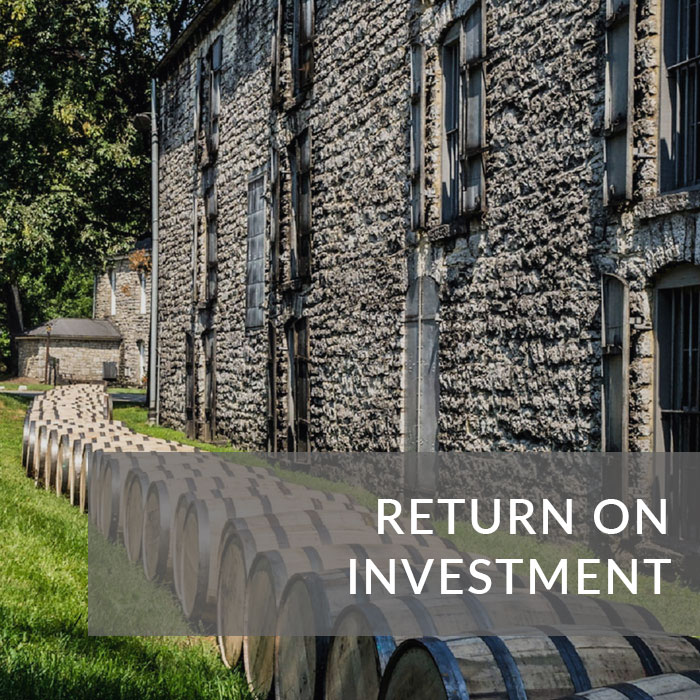
When his grandchildren reach 21 they decide to sell their casks. Mark Littler LTD. help them draw a final six bottles from the cask as a keepsake. The casks are then sold in bond and the three grandchildren each use the proceeds from the sales towards a house deposit. Best of all their profits are free from Capital Gains Tax.
How We Evolved As A Broker
We don’t only sell casks to people. In fact, our primary business is selling bottles and casks for people. We are established antiques brokers and have sold everything from medieval gold rings to classic cars.
So how did we get to a position where we were selling casks to the public? Learn more in this short video:
Advice You Can Trust
Since 2016 our aim has been simple – to provide a trustworthy source of information to help people make sound decisions when they are selling their items. To date we have sold millions of pounds worth of antiques and whisky (both casks and bottles) for our clients.
We’re now applying this same logic to help people invest in casks of whisky. Rather than providing sales pitches disguised as educational material, it’s our mission to become the ultimate source of open and honest cask investment guidance.
The information you will find in OUR GUIDE, CASK VIDEOS, BLOG and CALCULATOR is all designed to help you make a balanced decision. We would rather you knew all the facts and didn’t buy a cask than buy one based on ‘fake news’.
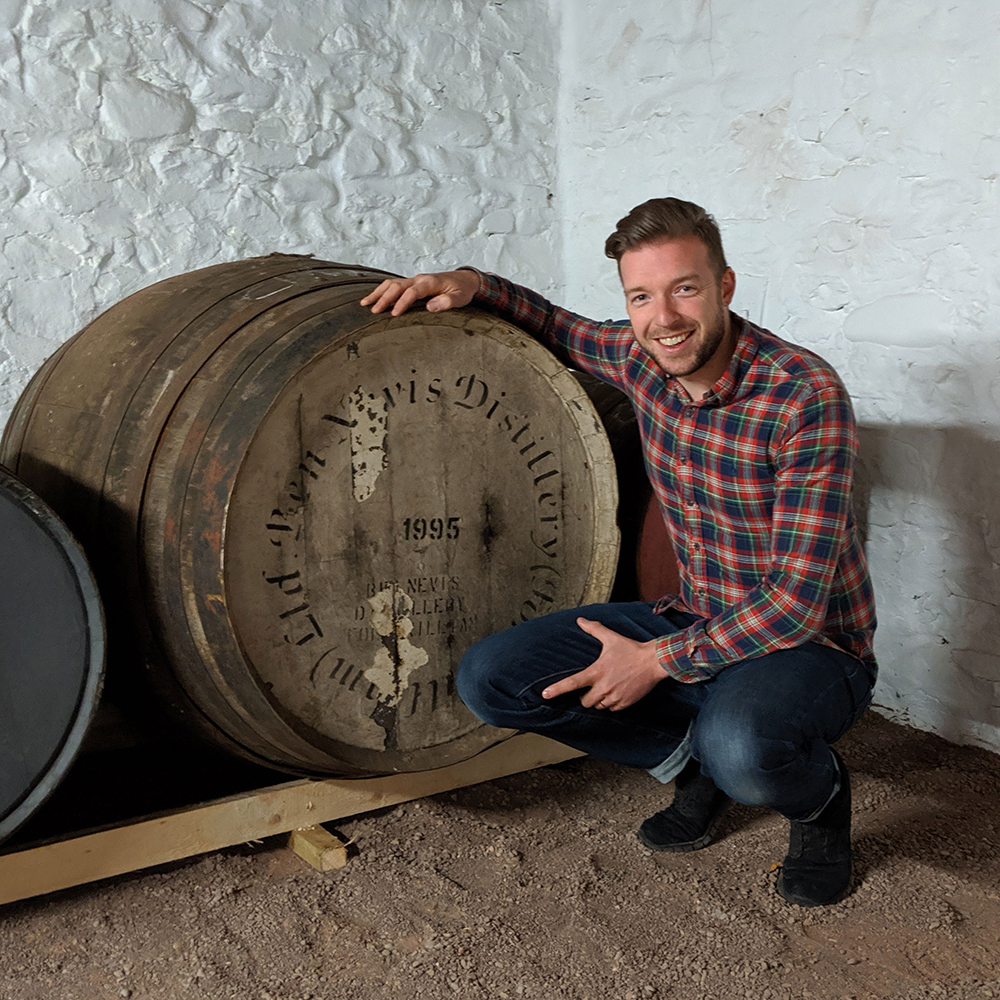
The History Of The Tobermory Distillery
The whisky capital of the island of Mull was built by the Stevenson family from Oban, however, the Tobermory distillery has had a much more chequered history than its relative on the mainland, and its owners have been a lot more unusual.
It is believed that Ledaig’s earliest incarnation was in the form of peated malt, but in more recent years, the Tobermory distillery has produced and bottled both unpeated and peated whiskies as both Tobermory and Ledaig. Today, Ledaig is now solely the heavily peated variant to resolve the confusion that this caused and equal amounts of both peated and non-peated whiskies are produced. The time of the fermentation period with this brand is quite short, however, it is actually the Tobermory distillery’s unique shaped stills which characterise the whisky’s style. Both have boil bulbs as well as an S-shaped kink within the lyne arms and this all increases reflux.
The Tobermory distillery was first established in 1798 with the name Ledaig by John Sinclair, however, similar to lots of other small distilleries of its type, it foundered and went silent during the period 1837 to 1878. It went through the hands of a number of owners, and then finally in 1916, it was purchased by DCL. It continued producing whisky until 1930 and then fell silent once more for more than 40 years.
It was not until 1972 that Tobermory was brought back into production. It was one of several old distilleries which were brought back into commission as part of the boom in the whisky industry following the war and was reopened as part of a strange joint venture formed between some “Panamanian interests”, Pedro Domecq, the sherry producer and a shipping company in Liverpool. As might be expected, this unique arrangement lasted for just 3 years, however, during this brief period the distillery’s capacity was increased and its buildings were completely renovated.
Another period of closure was ended when a Yorkshire property company with its base in Cleckheaton purchased the distillery, intending to turn some of its buildings into holiday properties. Its other buildings were brought into use to store cheese. In 1982 it closed yet again, this time for eleven years when Burn Stewart, its current owner and now part of the Distell group, bought it.
Distell announced that the distillery would be undergoing another major refurbishment in January 2017 which would lead to its closure for a period of two years. Nevertheless, its visitor centre would stay open during the period of closure. Today, Tobermory’s single malt bottlings are bottled at an abv of 46.3% and are non-chill filtered.


